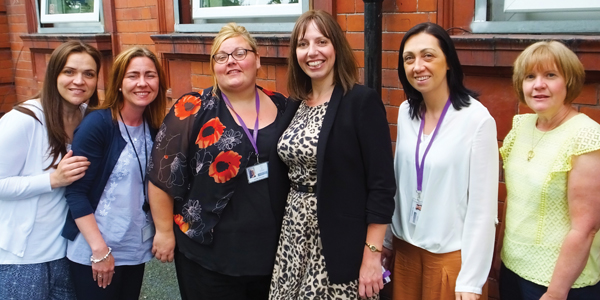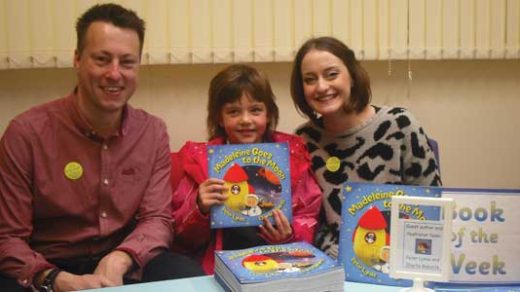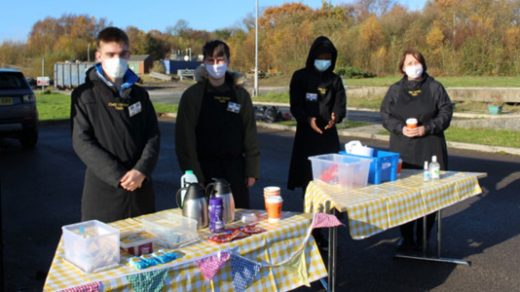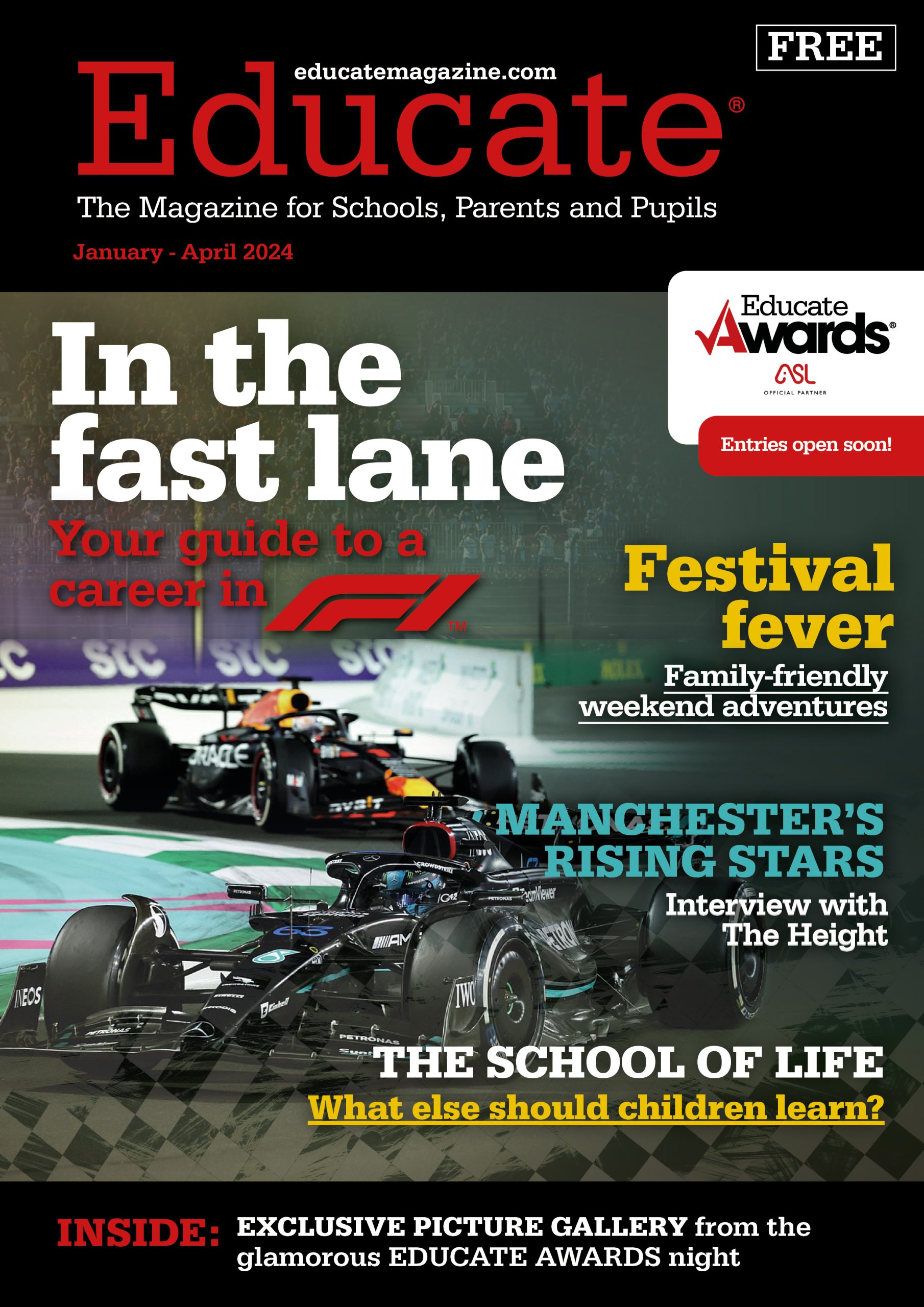Early learning

How do we ensure that the children in Early Years get the best start and are ready for school?
Starting school is one of the most important milestones in a child’s life. Taking the next step of their development and embarking on their educational journey is a hugely important moment. But what happens before that journey begins? We caught up with Lisa Dorrity, senior school improvement officer at School Improvement Liverpool to find out.
Tell us a bit about the work you do Lisa: Each child in Early Years Foundation Stage (EYFS) is allocated a key person who is responsible for getting to know them well and meeting their needs – emotionally, physically and educationally. At School Improvement Liverpool (SIL), we work closely with practitioners to focus on the support they offer children as their important adults, helping them to look for opportunities to help children to develop their skills, offering ideas, encourage them to think critically, to model language, ask questions, offer emotional support where needed and have a solid understanding of the curriculum to know how to move children on to their next steps.
Reading is clearly a vital skill in education, how do EYFS practitioners help children to develop in this area?
Lisa: Practitioners who work with babies have focused on singing with babies to develop early communication.
Sharing books and stories with children is key to developing skills in reading. Practitioners have worked with us to understand the purpose of books, to learn how to use them creatively across the provision. We encourage practitioners to read with children, use props and actions to bring stories to life, retell stories orally.
Non-fiction books help to give children information, particularly about the world around them.
Role play is vital across EYFS. Areas such as the home corner, allow children to communicate through talking, reading and writing for a purpose in familiar situations. Many schools have made role play a focus this year and as a result, children are more imaginative.
When children enter nursery, they start to focus on early phonics. Through games, songs and rhymes, children can start to embed the key skills they need to be successful readers of the future. Many schools and settings have worked with us this year to know how and when children should be taught phonics. A key focus has been to encourage children to orally blend and segment sounds in nursery.
What role can families play?
Lisa: Families are the most important link to a child in EYFS. A key person, the adult that knows a child well, liaises with families every day that a child is in their care. The information that families can share about their child helps practitioners to understand what a child can do and can be used to inform assessments.
Can you tell us a bit about some of the successful projects you’ve ran this year?
Lisa: Projects this year, such as Building a Bridge of Books, have seen successful reading take place with practitioners, families and their children. Building a Bridge of Books project provides training delivered by an artist and a SIL specialist, alongside a plan that can be delivered by a practitioner back at their setting. These sessions allow families to attend practical book making workshops with their children, focussing on the importance of reading. The families then make the books and read them at home.
The CHATTA project has allowed families to communicate with their child’s school using the CHATTA app. The pictures and voice messages accessed on a phone or tablet, allow children to recall their learning experiences in the provision with their family and use them to talk and to write.
If you would like to learn more about the EYFS training or services School Improvement Liverpool offers visit: www.schoolimprovementliverpool.co.uk




